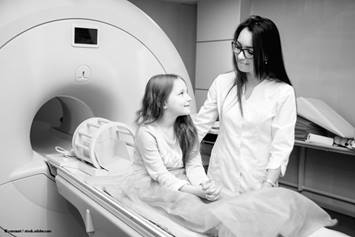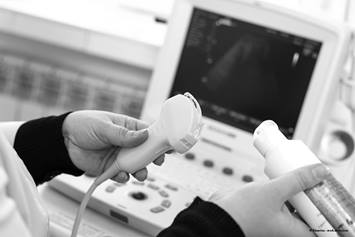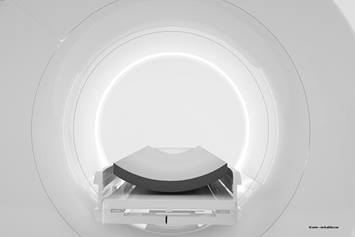Mayer-Rokitansky-Küster-Hauser Syndrome
Mayer-Rokitansky-Küster-Hauser (MRKH) syndrome is a rare condition where the uterus fails to develop fully in the womb.
What Is Mayer-Rokitansky-Küster-Hauser Syndrome?
Mayer-Rokitansky-Küster-Hauser (MRKH) syndrome is a condition that affects the female reproductive system. It may also be called uterine agenesis or Müllerian agenesis.
MRKH:
- Happens when the uterus and vagina of a baby born female may be missing or may not have fully developed. Babies born with this may not start their periods or may have problems having their own babies.
- Is usually diagnosed around age 15 if a child has not started their period.
- May be linked to other congenital conditions like, kidney, skeletal, or heart defects.
- Affects around 1 in 4,500 to 5,000 babies born female.
What Causes Mayer-Rokitansky-Küster-Hauser Syndrome?
MRKH is caused by a defect during the development of the female reproductive system while a baby is in the womb. This means the uterus, cervix, and vagina are not fully developed. This condition may run in families (genetic), but there isn’t just one genetic problem causes MRKH.
What Are the Signs and Symptoms of Mayer-Rokitansky-Küster-Hauser Syndrome?
- Missing period (primary amenorrhea) by age 15 or 3 years after breasts have developed
- Difficult or painful sex
- Monthly or chronic belly (abdominal) pain
- Unable to carry a pregnancy to full term
How Is Mayer-Rokitansky-Küster-Hauser Syndrome Diagnosed?
MRKH can be diagnosed at any age, but it’s more common to be diagnosed during the teen years. Testing for MRKH may involve:
- A physical exam
- Hormonal testing
- Chromosomal analysis (karyotype)
- Pelvic ultrasound and/or MRI
- Kidney ultrasound
- Skeletal X-rays
How Is Mayer-Rokitansky-Küster-Hauser Syndrome Treated?
At Nationwide Children's Hospital, a team of specialists from multiple departments work together to care for those with MRKH.
Patients may have:
- Support and counseling from psychology and social work.
- Routine gynecologic care.
- Vaginal lengthening through vaginal dilation and/or surgery with gynecology, urology, and physical therapy.
- Discussion of fertility options and referrals to reproductive endocrinology and infertility specialists as needed.
What Should I Expect for My Child With Mayer-Rokitansky-Küster-Hauser Syndrome?
With the right support and personalized care, patients with MRKH live full, healthy lives. After vaginal dilation and/or vaginoplasty surgery, patients may need to continue dilation often to keep vaginal length.
Why Nationwide Children's?
At Nationwide Children's Hospital, we have a team of members from different departments called Differences of Sexual Development (DSD). We make sure each child's needs are met with a personalized care plan.
We care for your child, from their diagnosis to their treatment and management. We know this can be an overwhelming diagnosis. Each visit is special based on each family's needs, the patient's age, the level of understanding, and symptoms.
Nationwide Children's Hospital is part of the DSD Translational Research Network (DSD-TRN). This is a national network of children's hospitals that work together to improve care for patients with DSD conditions like MRKH.



